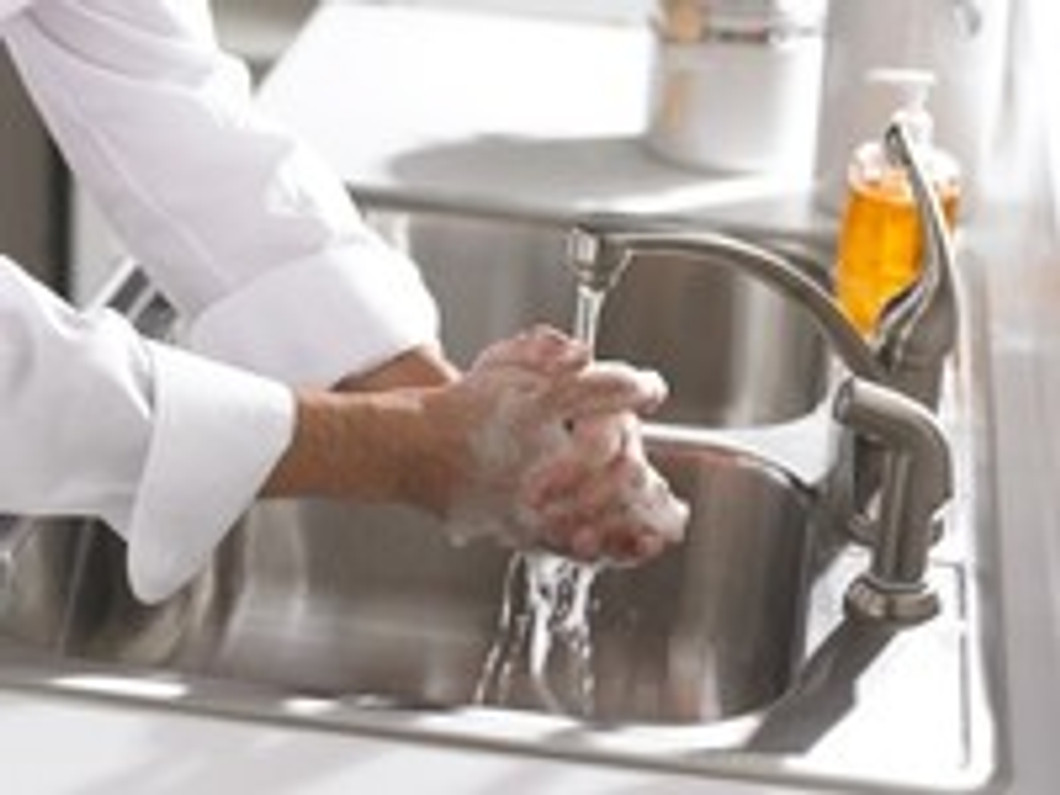FDA Probes 'Antibacterial' Soap
The U.S. Food and Drug Administration (FDA) recently announced plans to test the the effectiveness of so-called 'antibacterial' soap. Most people are under the assumption that using antibacterial soap is a safe and effective way to reduce the chance of illness, but the FDA is stating otherwise. Manufacturers of antibacterial soap, body wash and other products are now being forced to reveal hard proof that their products actually work.
If you always opt to purchase the antibacterial soap over traditional soap, you aren't alone. Each year, millions of individuals and families spend the extra money to purchase antibacterial soap, believing that it helps protect them from illness.
"Millions of Americans use antibacterial hand soap and body wash products. Although consumers generally view these products as effective tools to help prevent the spread of germs, there is currently no evidence that they are any more effective at preventing illness than washing with plain soap and water. Further, some data suggest that long-term exposure to certain active ingredients used in antibacterial products—for example, triclosan (liquid soaps) and triclocarban (bar soaps)—could pose health risks, such as bacterial resistance or hormonal effects," says the FDA in a press release.
New studies are now revealing that antibacterial soap is no more effective at preventing the spread of germs than traditional soap. But this isn't the most alarming part of the FDA's findings; they claim that certain chemicals in antibacterial soap -- triclosan and triclocarban -- actually contribute to germs' resistance to antibiotics, and they could have negative hormonal changes on the user.
If these studies are correct, using antibacterial soap over long periods of time may cause germs to grow stronger and more resistant to drugs. Of course, this would increase the individual's risk of becoming ill rather than reducing it.
There are around 2,000 antibacterial soap products currently on the market, some of which are bar soaps, gel, body wash and water-free foam. Nearly all of these products contain either triclosan or triclocarba (or both).
The FDA has proposed a rule that will allow both companies and the public to voice their opinions on the issue of antibacterial soap for 180 days. Companies will also have a concurrent one-year period to submit data and findings on the benefits of using antibacterial soap.
You can read more about the CDC's recommended guidelines for washing hands by clicking here.
Recent Posts
-
Fire Safety in the Workplace: What You Need to Know
What steps are you taking to prevent fires in your workplace? According to the U.S. Occupational Saf …Aug 23rd 2023 -
Is It Safe to Go Jogging With a Cold Infection?
If you're suffering from a cold infection, you might be wondering whether it's safe to go jogging. T …Aug 22nd 2023 -
5 Safety Tips to Follow When Using a Powder-Actuated Tool
Powder-actuated tools are commonly used to join materials to steel and concrete. Also known as Hilti …Aug 20th 2023




